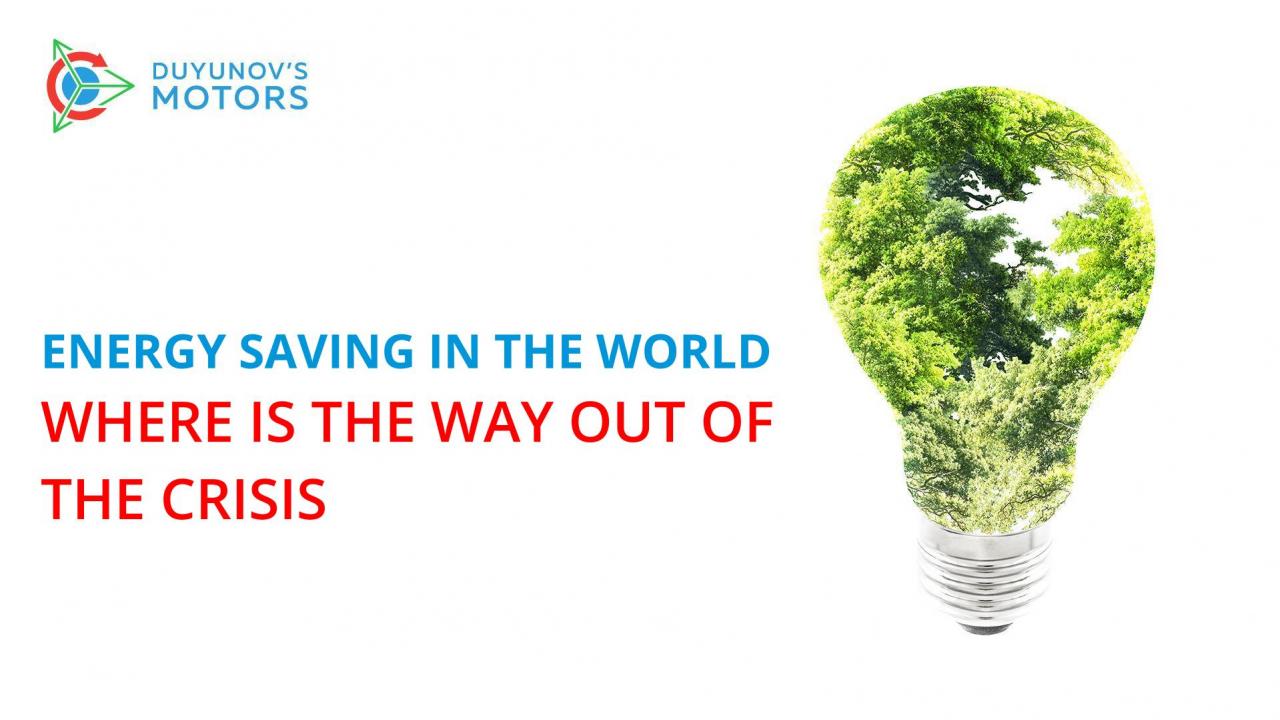
Energy saving in the world: where is the way out of the crisis
The world has embarked on a course toward economical and more reasonable consumption of electricity. The acute energy crisis in Asia and Europe, the environmental problems caused by the extraction and combustion of fuel, and the dependence of national economies on fossil fuels are forcing governments to reconsider their energy policies.
China
One of the leading economic powers has been implementing a government program to save energy and reduce atmospheric emissions for more than 10 years. Part of this policy is to encourage the production of electric cars, which has made China the world leader in this area, with the country accounting for about 50% of electric cars sales. In China, the research and development are funded, subsidies have been introduced for buyers and manufacturers of electric vehicles, and the infrastructure of charging stations is being developed.
At the same time, the global shortage of coal, which is the main fuel for Chinese industry, against the background of growing demand for it after the lockdown, provoked the most severe energy crisis since the founding of the PRC. The crisis has affected, first of all, large enterprises. A number of factories sharply reduced or completely suspended their activities, which has already affected the economies of other countries that are heavily dependent on Chinese industry.
India
This country is also plagued by the energy crisis. Hundreds of millions of citizens live without electricity. But India also has a chronic problem: the megacities are considered some of the dirtiest in the world in terms of their smog levels. Therefore, the national government is preparing a program to switch from diesel to electric vehicles, which enables the citizens to take out loans for electric cars without a down payment, and to pay it back with the money they would otherwise spend on gasoline.
USA
The United States has developed extensive energy conservation legislation over the past 50 years. In recent years, the emphasis has been placed on increasing investments in the areas of energy efficiency and renewable energy sources. The development of electric vehicles is encouraged, and mandatory energy efficiency standards for electrical household appliances and industrial equipment have been introduced at the federal level.
Japan
There are special funds in the national budget to promote research and development in the field of energy-saving technologies. Subsidies and benefits are provided for purchasing energy-saving products and equipment. Industrial enterprises are awarded for outstanding achievements in energy conservation, and large fines are imposed for violations of laws in this area.
Germany
The first country in the world to set a goal of reducing global energy consumption. The German government gives great weight to research in energy conservation and emission reduction. The housing stock and operation of industrial enterprises are consistently improved in accordance with modern energy efficiency requirements. By 2050, all homes in Germany are planned to be made energy neutral.
It is obvious to the whole world that global issues cannot be solved without saving energy. But will we really have to set humanity back 100 years and "live by candlelight," as it's currently happening in parts of Asia?
The way out is to introduce new energy-efficient technologies. The "Slavyanka" combined winding technology is one of them. Electric motors designed by applying this technology meet energy efficiency class IE1 in terms of their mass and size dimensions and class IE4 - in terms of their cost efficiency. They are capable of reducing electricity consumption by up to 40%. Motors with "Slavyanka" can be used in almost all branches of human activity. Isn't it the answer to today's global environmental and economic challenge?

